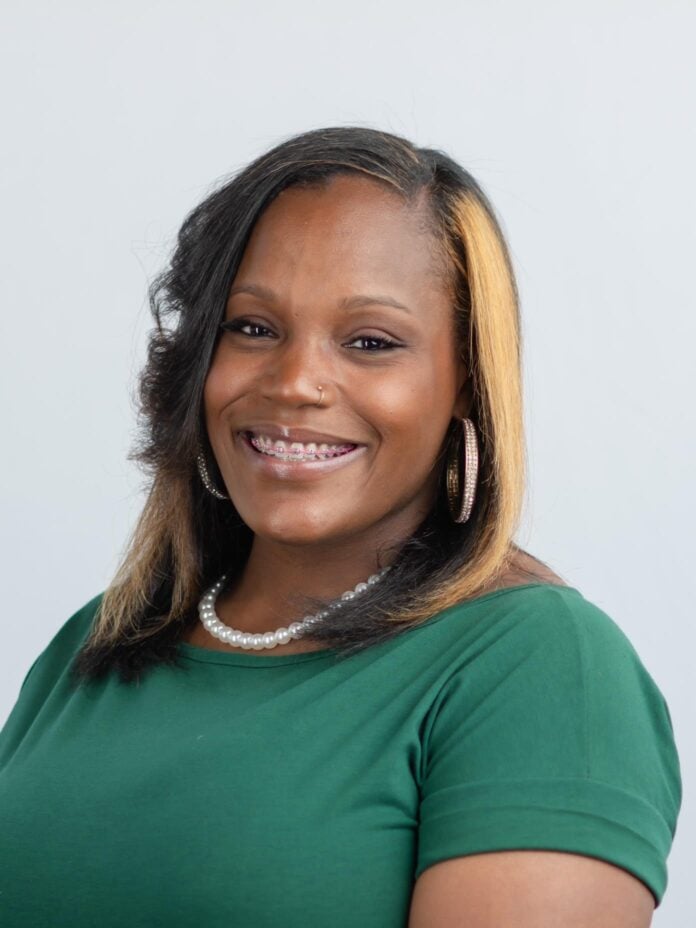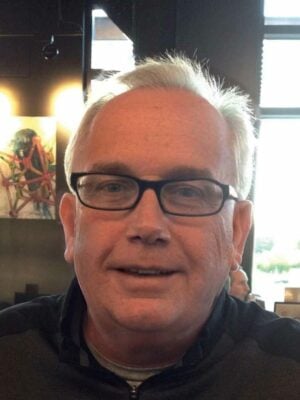Education doesn’t begin and end at the schoolhouse door. It’s shaped by an ecosystem of families, educators and community organizations working together.
For Black youth, this collaboration isn’t a bonus — it’s a necessity. Yet too often, schools operate in isolation, failing to build the kinds of relationships that support long-term success. If we are serious about equity, we must move beyond dialogue and into action.
One of the most enduring barriers to effective school-community partnerships is a lack of trust. For many Black families, distrust of the school system is not imagined, it’s inherited through generations of exclusion, disciplinary harm, and disregard. Repairing that relationship requires more than a flyer or a parent-teacher night. It demands consistency, transparency and an intentional invitation to collaborate. Schools must hold recurring, well-publicized forums where families, students, and community members can raise concerns and contribute ideas.
These events must move beyond tokenism to build genuine accountability. Dedicated community liaisons can also serve as critical bridges between schools and local organizations, helping families access essential resources such as mental health services, mentorship programs, and academic support. Equally important is ensuring that educators and administrators are trained in culturally competent engagement, not just during Black History Month, but through year-round efforts embedded into school culture.
Too often, schools mistake absence for apathy. But many Black parents are deeply invested in their child’s education; they’re just navigating systems that were never designed with their realities in mind.
Parent engagement must be restructured with flexibility, respect, and inclusion at its core. Offering evening, weekend and virtual meeting options recognizes the realities of working families, while parent-led advisory councils ensure that families don’t just receive information, they influence it. For engagement to be authentic, schools must move beyond gatekeeping. Families should never feel like outsiders in their child’s education. Engagement should not only happen when something goes wrong, it should be built into the daily rhythm of school life.
Community organizations have long supported students in ways schools often cannot, through mentorship, life skills, mental health support and cultural affirmation. Yet their contributions are often treated as supplemental rather than essential. This must change. Schools should co-locate services, integrating mental health therapists, career advisors and community mentors directly into the school environment. Districts must also provide funding, policy support and physical space to grassroots organizations that already serve Black youth.
These groups are often doing transformative work with limited resources, it’s time to invest in their impact. A collaborative approach to data sharing between schools and community organizations can also ensure students don’t fall through the cracks. By identifying needs early and coordinating support, we can offer more holistic interventions that help students thrive.
If schools are going to be places of liberation and growth, they must become more than classrooms; they must be hubs of community transformation. When families, schools and community partners collaborate, students are not only more likely to succeed academically, but they’re also more likely to thrive emotionally and socially. We can’t afford to treat these strategies as “nice-to-haves.” They are must-haves.
The time for surface-level reform is over. It’s time for schools to stop working alone and start building with their communities because that’s how we ensure Black youth are not only seen but supported, not only educated but empowered.
Dr. Heather L. Savage, DSW, MSW, is a social worker, community leader and nonprofit consultant. She is the co-founder of Let Them Talk, an organization dedicated to elevating Black youth voices, and the CEO of Savvy Consulting Services, which supports nonprofits through strategic planning, grant writing and leadership development.




